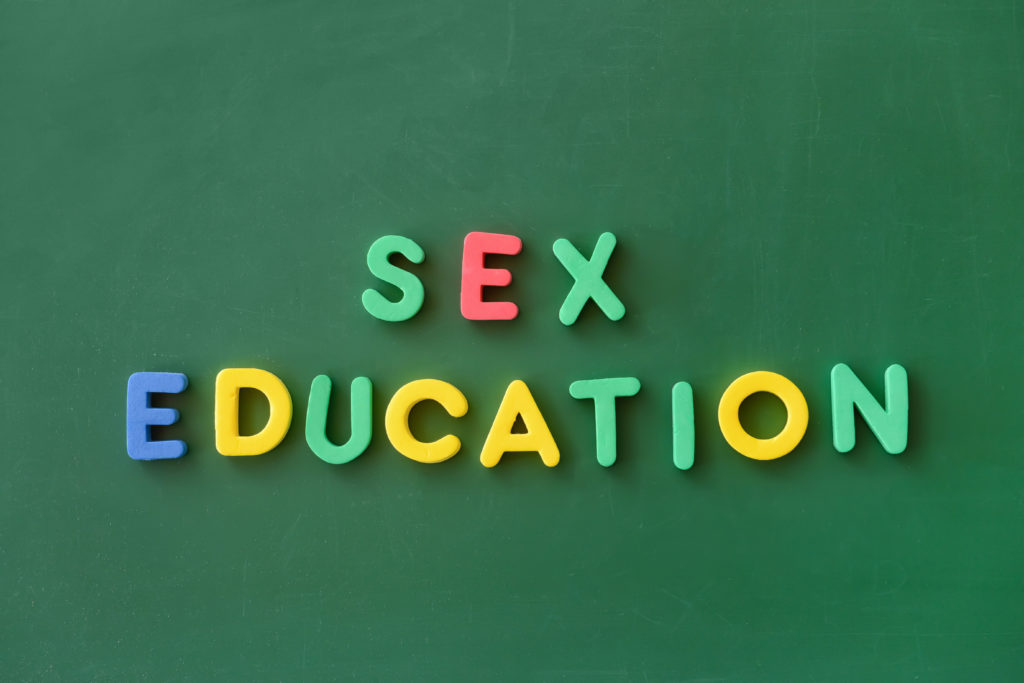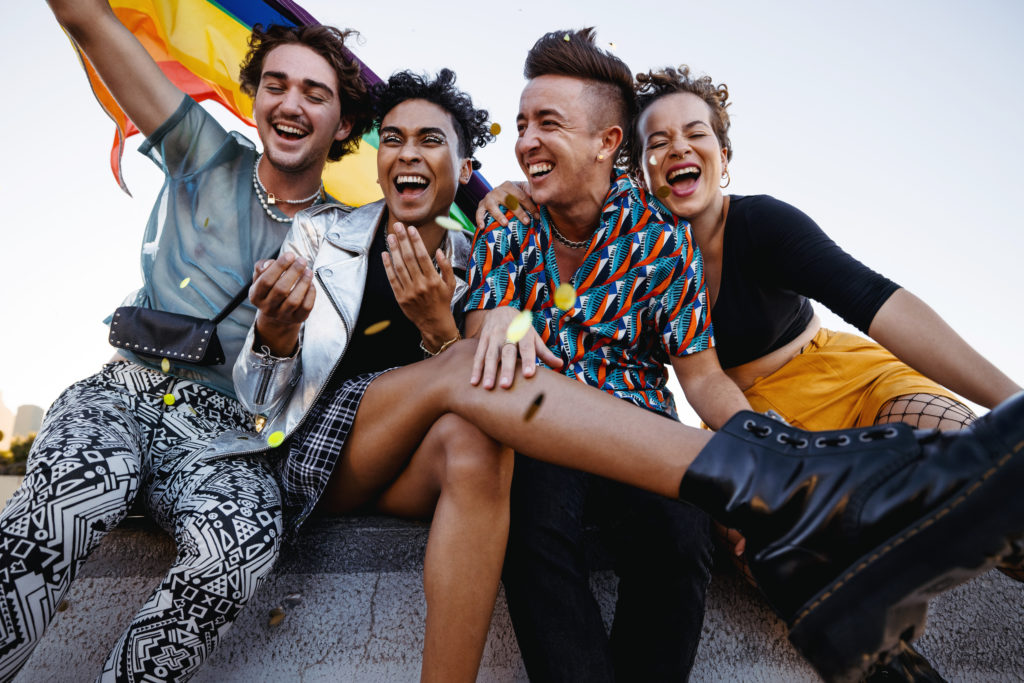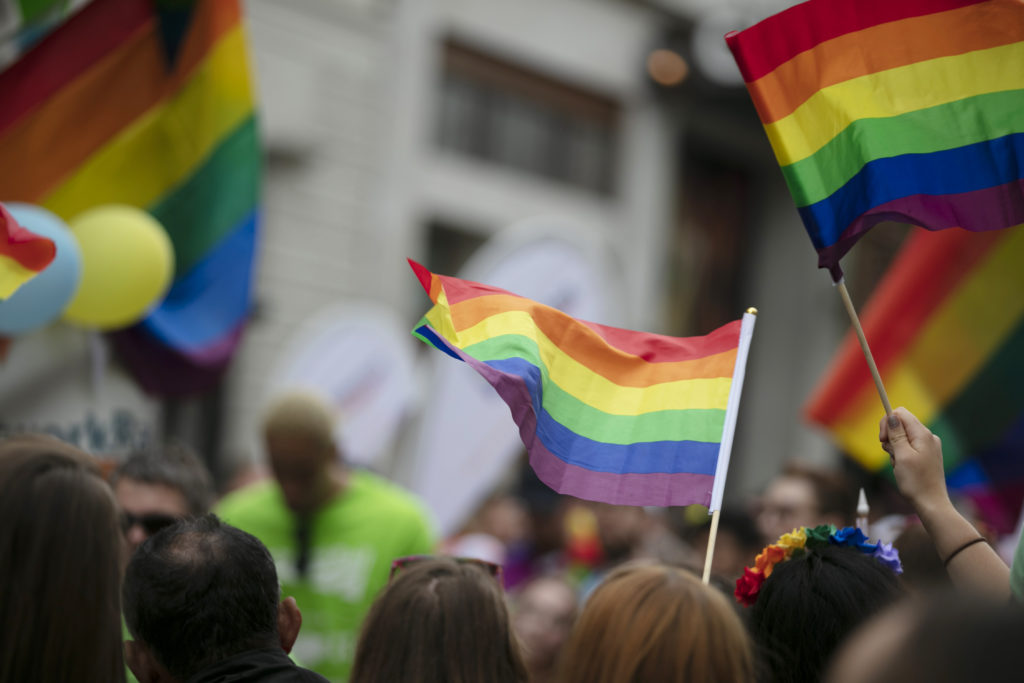
As the only student with gay parents in my New York middle school, I became the defacto sex-ed informant. The questions I received varied from technical, to personal, to just expressing general confusion, but one experience, in particular, has stuck with me.
“What’s it like to be raised by a single parent?” This question came from a girl who approached me after a class in which I had mentioned my dad was gay. When I told her that my parents are married she was shocked. She then revealed to me that she is pansexual, but that she had always struggled with her identity because she thought it conflicted with her aspirations to have a family one day. I showed her that having a family — no matter the gender of her partner — was possible.
While we did have a health class, it was entirely focused on heterosexual sex, leaving all non-heterosexual students with questions they turned to me or to social media to answer. It was clear to me that because they couldn’t see themselves in the health curriculum, and had no LGBTQ+ role models outside of school, they felt isolated and unaccepted.

When I moved to San Francisco for high school, my health class included videos that showed LGBTQ+ couples and spent an hour discussing gender and sexuality but skimmed over specifics regarding the sexual health of LGBTQ+ students. For example, we never discussed pre-exposure prophylaxis (more commonly known as PrEP), a medicine that a person can take to prevent getting HIV from sex or injection drug use, or how to get PrEP.
My experience with sex ed in New York and San Francisco, while limited and heteronormative, was better than what most of my peers at other schools get. Only around half of all school districts in the United States require any sex ed at all. Of those that do, the majority mandate or stress abstinence-only instruction. This means no discussion of birth control, sexually transmitted infection prevention, and no conversation on consent. The Centers for Disease Control and Prevention (CDC) reports that only 19 percent of US secondary schools provide sex-education information that is LGBTQ-inclusive. According to a national study by the advocacy group Gay, Lesbian, & Straight Education Network (GLSEN), fewer than five percent of LGBTQ+ students have health classes that include positive representations of LGBTQ+-related topics, which can stigmatize LGBTQ+ youth and leave them without the skills to protect themselves during sexual activity and maintain healthy relationships.

Moreover, failing to provide adequate sex education to LGBTQ+ students has life-long consequences for those who, because of lack of education, do contract HIV. HIV-positive youth face further stigma, risk of developing full-blown AIDS, or a life-long task of maintaining adequate HIV medication – which comes with significant side effects – to control the virus.
According to a 2020 Gallup survey, 1 out of 6 adults in Generation Z identifies as a part of the LGBTQ+ community. It’s time that sexual education curriculums start reflecting that.
Currently, the United States has no federal legislation that mandates LGBTQ+ inclusive sexual health education. Even in California — considered among the most progressive states in the country — current laws around inclusive sex ed are just a framework and not a curriculum.

An inclusive curriculum would include information on healthy relationships and safe sex that is reflective of LGBTQ+ students’ experiences alongside their heterosexual peers; LGBTQ+ history and issues should be incorporated into the curriculum without stigma. Adequate, medically accurate sexual education is a human healthcare right. By fighting for accessible and inclusive sex education, we empower students to increase awareness, break stereotypes, and equip generations to come with the knowledge to practice safe sex and have healthy relationships.
